
Having a fish as a pet can be an exciting experience, but when your fish starts to show signs of weakness it can be worrying. Weakness in fish is caused by various factors, from poor nutrition and water quality to disease or parasites. Knowing how to diagnose a weakfish and what treatment options you have available are key to providing the best care for your pet.
In this guide, we’ll cover how to identify signs of a weakfish, what causes them, and the steps you can take to treat a weakfish. We’ll also look at strategies you can use to avoid it. With this knowledge, you can help ensure that your aquatic pet enjoys a long and healthy life.
Signs of Weak Fish
There are several signs that can indicate a weak fish, and it’s important to identify them early on to ensure the health and well-being of your aquatic pets. Here are some common physical and behavioral signs to watch out for:
Physical Signs
Discoloration
The discoloration is a key sign of a weak fish and can be an indicator of several potential issues with the fish’s health. Most visibly, it can affect the coloring of the fish’s scales, fins, or body, resulting in faded colors, discolorations in their patterns, and changes in hue. It can also manifest itself in cloudy eyes or lesions on the skin. Any discolorations should be noted to assess the health of your fish as soon as possible.
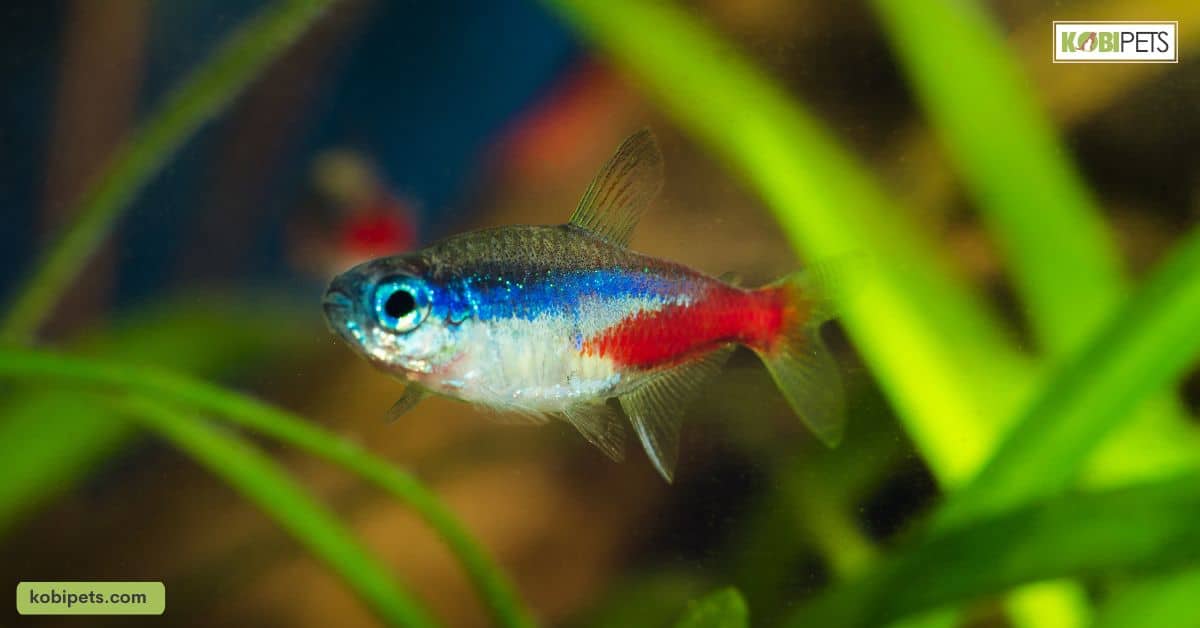
Clamped fins
Clamped fins are an indication of a weak fish. It is caused by a decrease in oxygen and energy levels, reducing the activity of many organs, including the respiratory and circulatory systems. Clamped fins occur when the fish’s fins stick close to its body instead of fanning out normally as if it was clamping down. Changes in respiration such as increased rate and depth can also point to a weakened state.
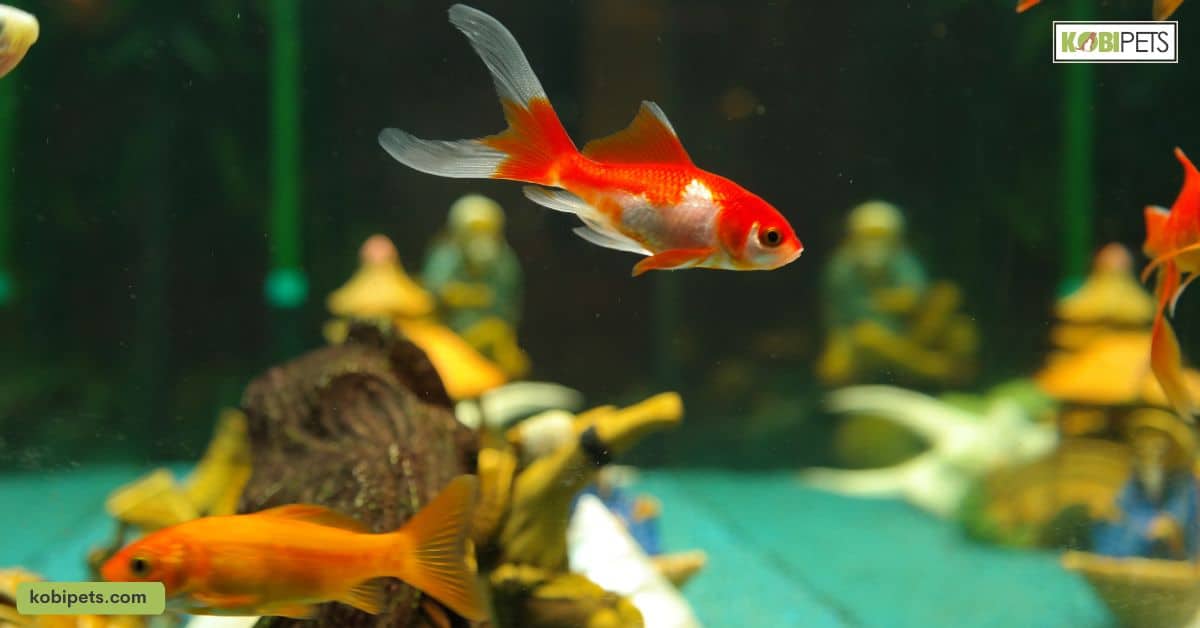
Lethargy
Lethargy is a common symptom of a weak fish. It can be characterized by lethargic swimming behavior and typically lack appetite. In return, weaker fishes tend to drift more often than they swim, and they will usually just rest on the bottom of the tank or at the surface. Lethargy in fish usually happens when the water temperature drops below its optimal range, so any unusual drop in temperature should be checked right away.
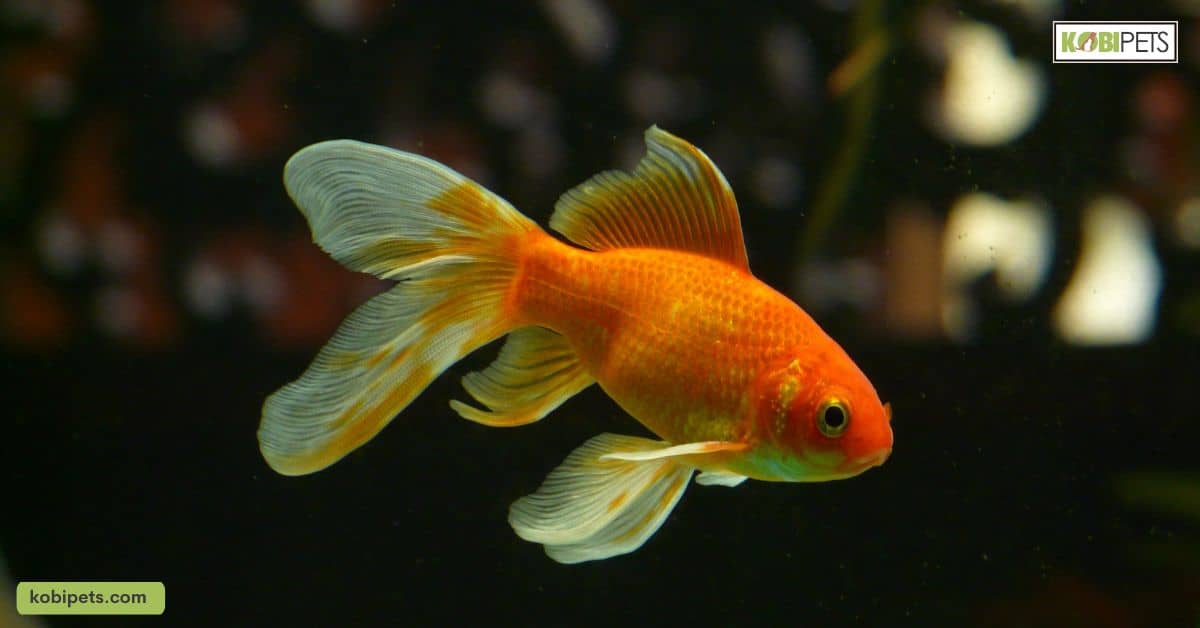
Sunken Eyes
Sunken eyes are another sign of a weak fish and can be caused by dehydration or malnutrition. When the fish is overly weakened, its body will start to conserve energy, which results in sunken eyes. If you notice your fish’s eyes becoming sunken, it’s important to assess their diet and water quality as soon as possible.
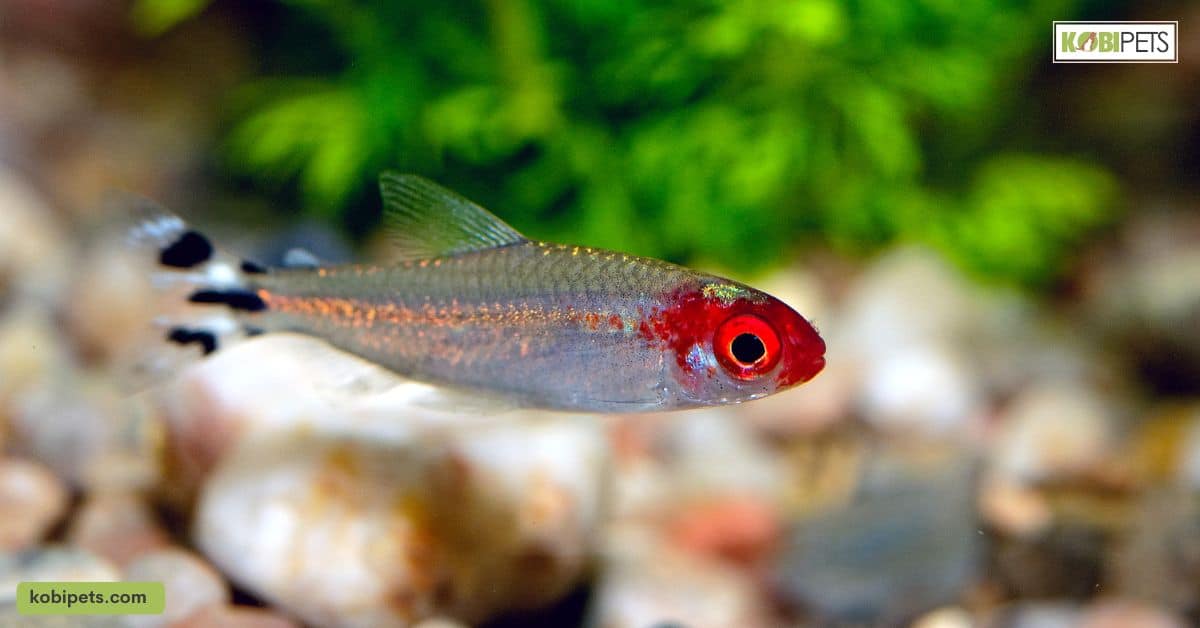
Behavioral Signs
Lack of Appetite
When a fish is weakened, it will usually lose its appetite or refuse to eat. If you notice that your fish isn’t eating as much as it used to or has stopped feeding altogether, this could be a sign of weakness. You should also look out for unusual behaviors such as hiding or swimming erratically, which can all be indications of a weakened state.
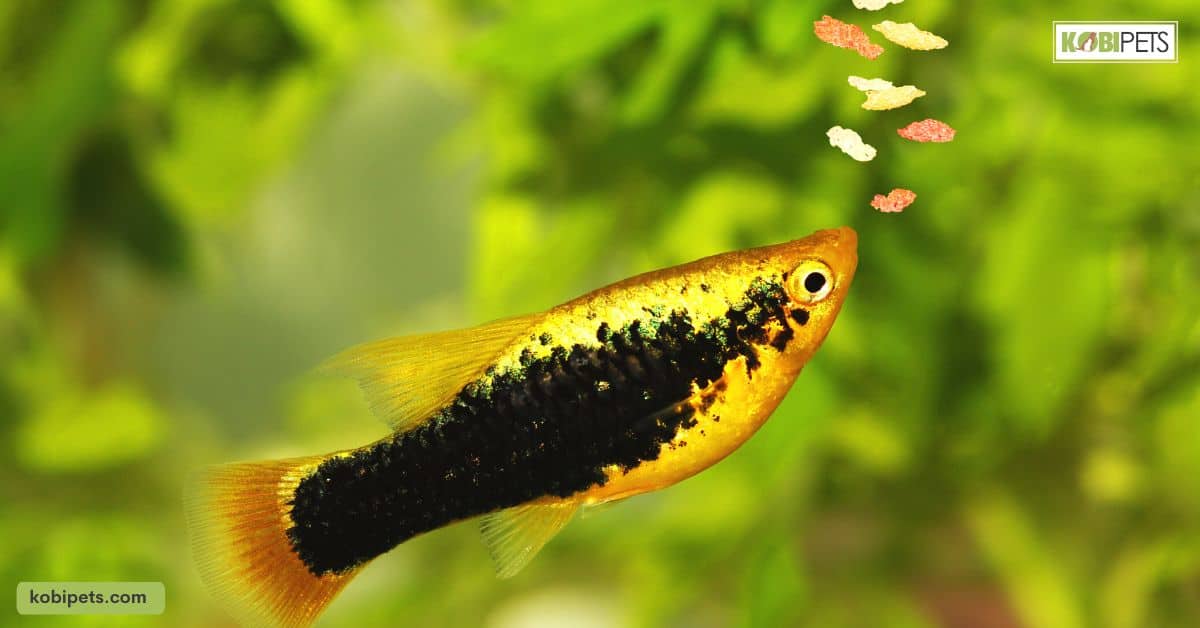
Gasping at the Surface
If you notice your fish is spending a lot of time at the top of the tank and gasping for air, it could be a sign that they are weak. Gasping is a sign that oxygen levels in the tank are low, and your fish is unable to get enough oxygen from the water. This could be due to low water temperature or poor filtration, both of which should be checked as soon as possible.
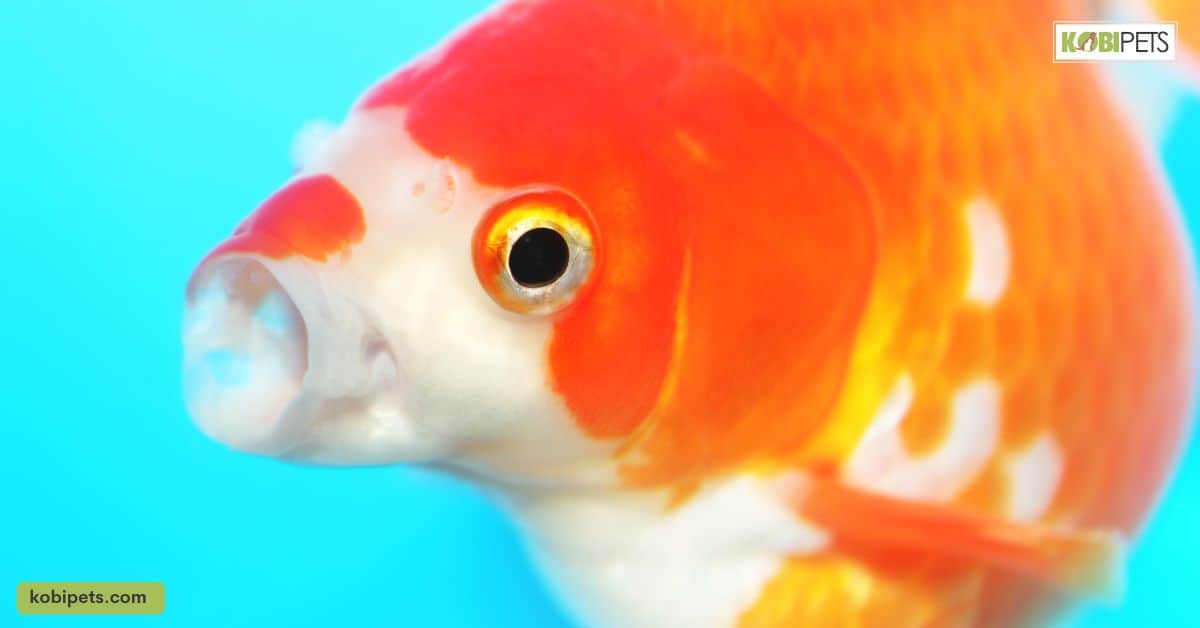
Abnormal Behavior
If you notice any changes in your fish’s behavior, such as darting, erratic swimming, or even aggression toward other fish, it could indicate that your fish is weak. This could be caused by various issues, from parasites to disease, and should be addressed as soon as possible.
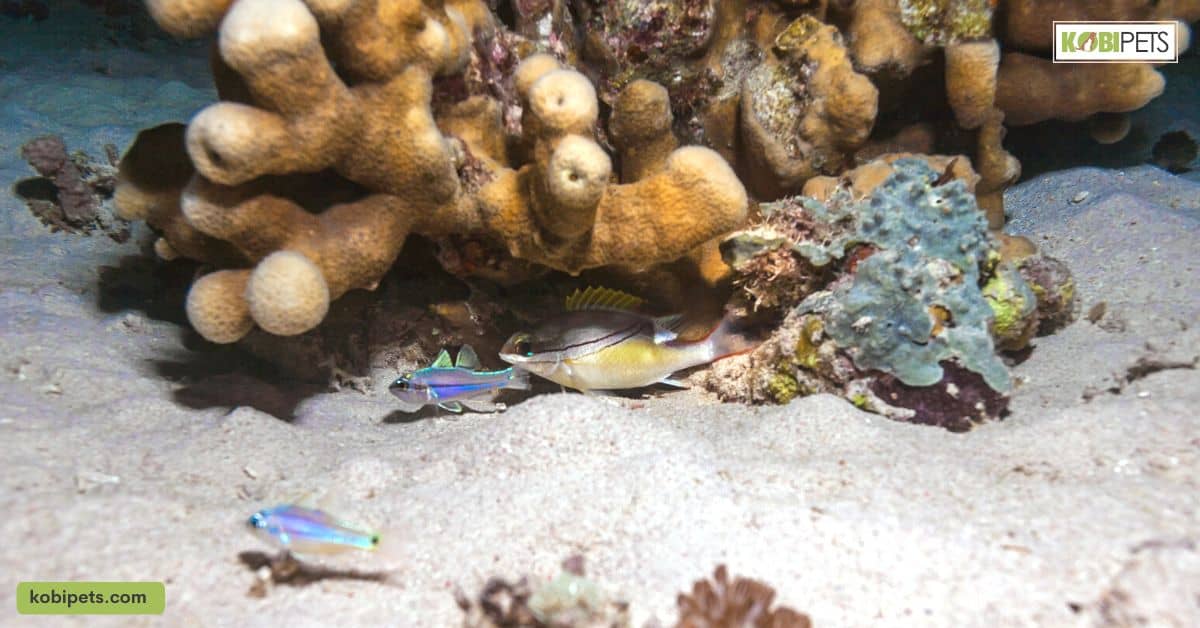
Hiding
Hiding is another sign that your fish may be weak. It can be a result of stress, illness, or parasites and should not be ignored. Hiding is a direct indicator of how the fish feels in its environment and if it is feeling unwell or stressed then it will try to avoid other animals.
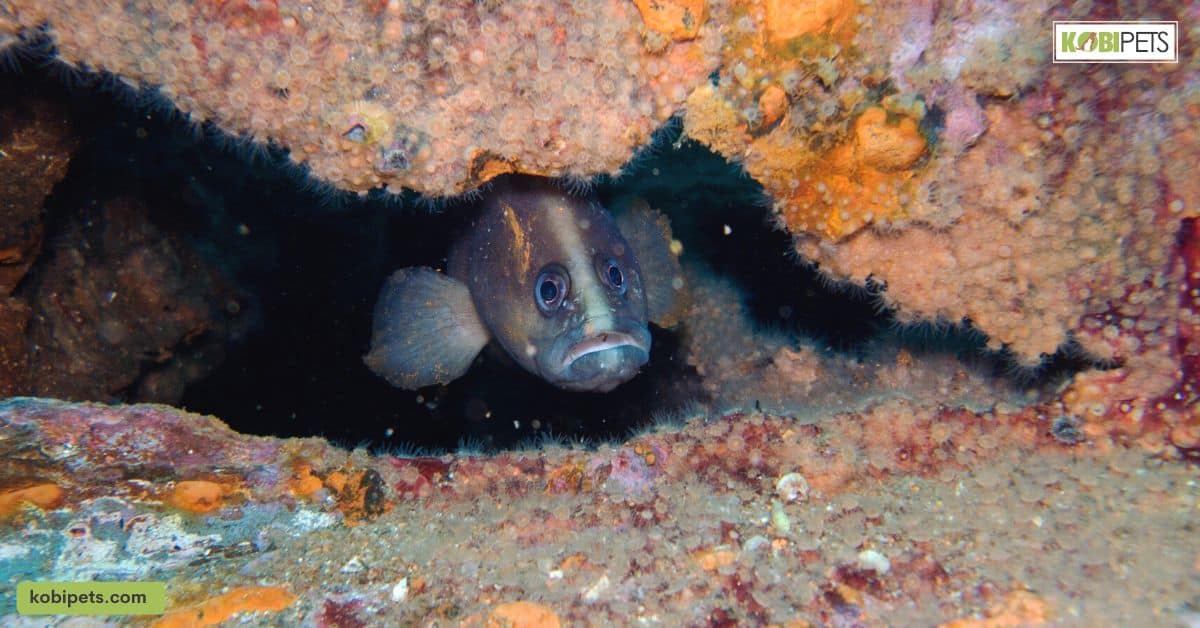
Causes of Weakness in Fish
Weakness in fish is caused by a variety of factors, including poor water quality, inadequate nutrition, disease, parasites, and more. Here are some of the most common causes:
Poor water quality: Poor water quality can lead to a variety of health issues for your fish, including weakness. Make sure to monitor the pH levels, ammonia, nitrite, and nitrate in your tank on a regular basis.
Imbalanced diet: Feeding your fish an imbalanced diet can cause it to become weak over time. Make sure to provide it with a variety of foods that are high in protein, vitamins, and minerals.
Disease or parasites: Diseases or parasites can cause your fish to become weak. If you notice any signs of illness, take it to the vet as soon as possible for diagnosis and treatment.
Stress: Stress can also contribute to weakness in fish. Make sure to provide your pet with an environment that is free from stressors, such as overcrowding or loud noises.
Fish that are weak due to any of these issues need to be treated right away. If left untreated, it can lead to more serious health problems and even death.
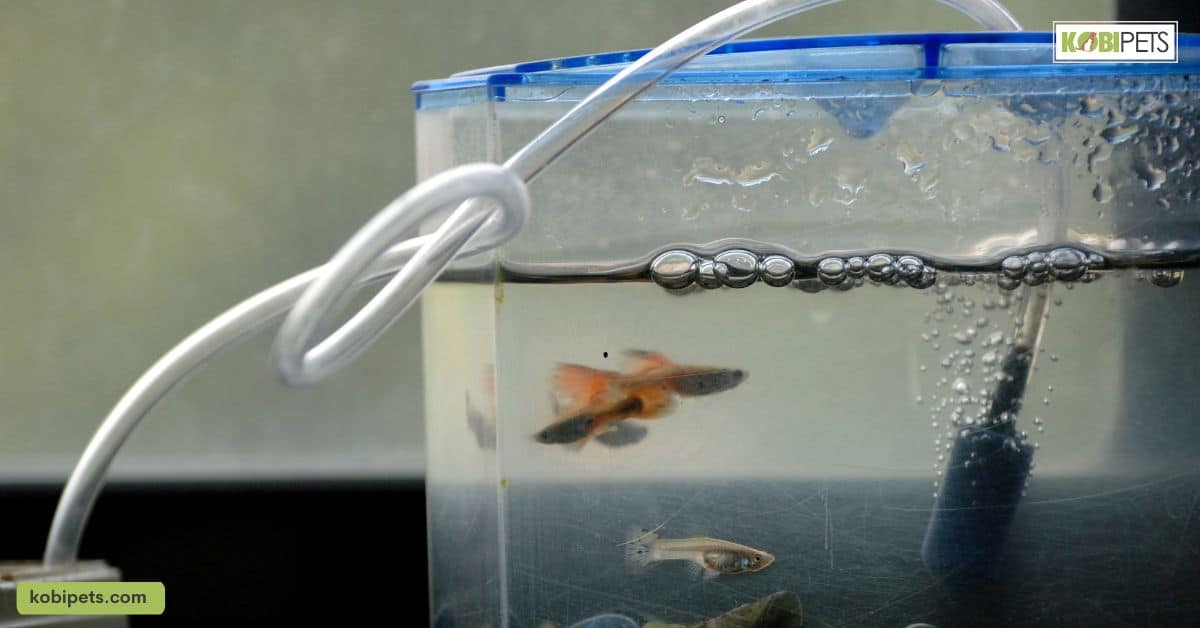
Treatment Options for Weak Fish: A Step-by-Step Guide
If you notice that your fish is weak, there are several steps you can take to help it get back on the road to recovery. Here is a step-by-step guide for treating a weakfish:
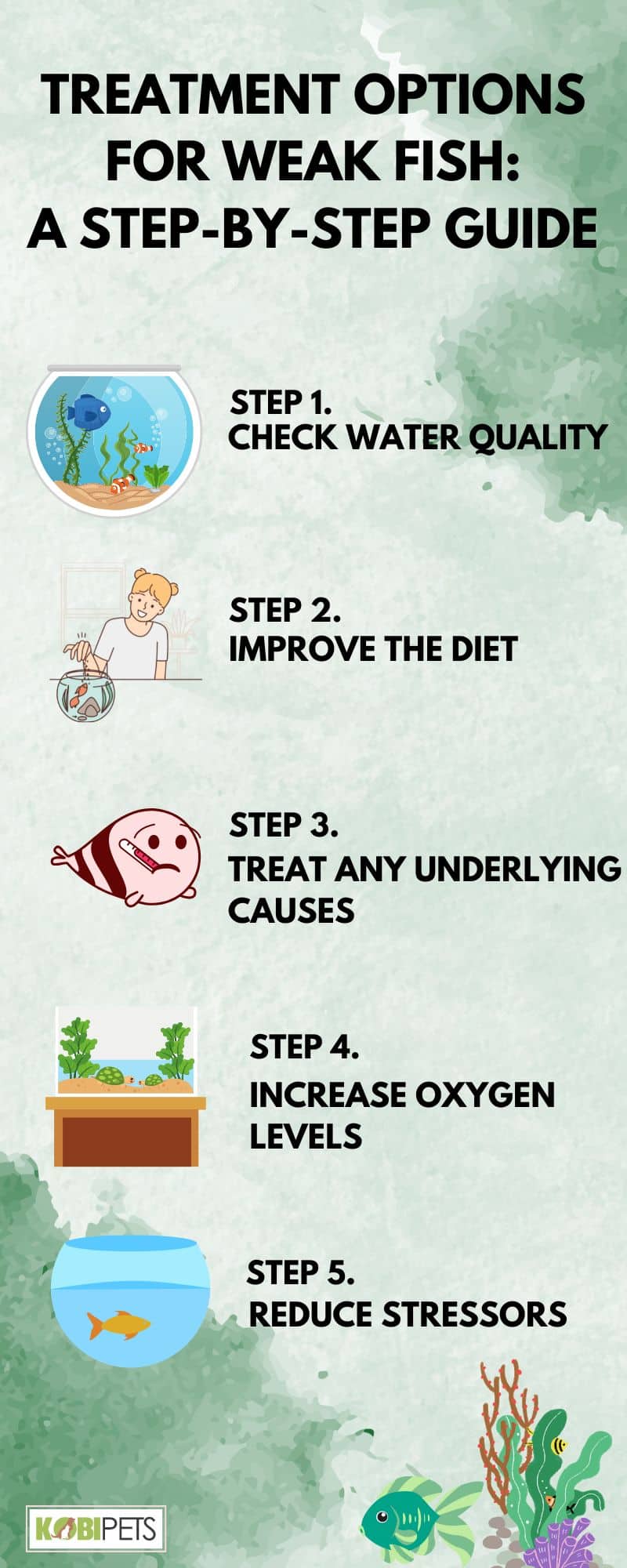
Treatment Options for Weak Fish_ A Step-by-Step Guide
Step 1: Check water quality. Make sure that the pH levels and other parameters of your tank are within the appropriate range for your type of fish.
Step 2: Improve the diet. Make sure that your fish is getting all the vitamins, minerals, and protein it needs to stay healthy and strong.
Step 3: Treat any underlying causes. If you suspect that your fish has a disease or is infected with parasites, take it to the vet right away.
Step 4: Increase oxygen levels. If you notice that your fish is gasping at the surface, it may be a sign of low oxygen levels in the tank. You can increase the oxygen levels by adding an air stone or increasing aeration with a power filter.
Step 5: Reduce stressors. Make sure that the environment your fish is in is free from any potential stressors, such as overcrowding or loud noises.
By following these steps and providing adequate care, you can help your weakfish recover from its condition.
Prevention Strategies for Avoiding a Weak Fish
Preventing fish weakness is essential to maintain a healthy aquarium. Here are some prevention strategies to help you avoid having weak fish in your aquarium:
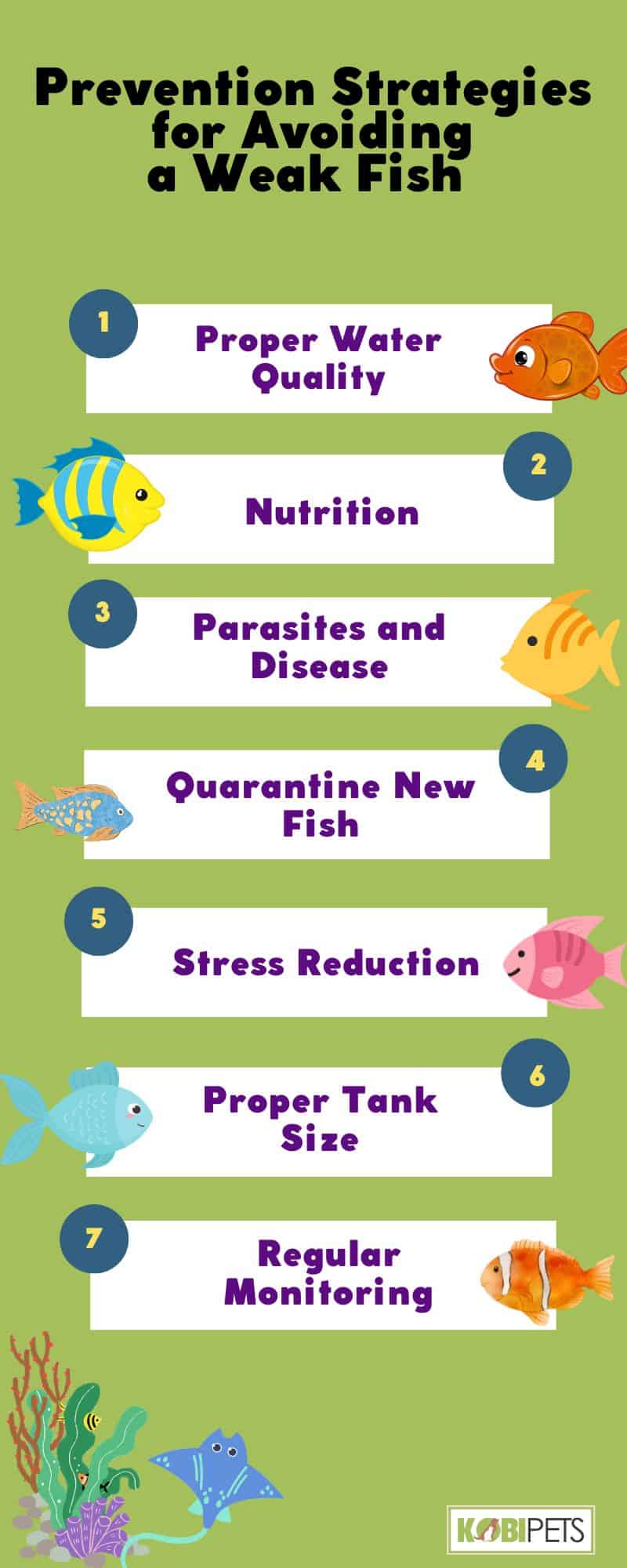
Prevention Strategies for Avoiding a Weak Fish
Proper Water Quality
Make sure to keep your tank’s water quality within the appropriate range for your type of fish. Monitor ammonia, nitrite, and nitrate levels on a regular basis and perform water changes as necessary.
Nutrition
Feed your fish a balanced diet that is high in protein, vitamins, and minerals. Your fish needs a variety of foods to stay healthy, so make sure to provide it with an array of different foods.
Parasites and Disease
Check for any signs of disease or parasites in your fish regularly. If you spot anything, take it to the vet as soon as possible for diagnosis and treatment.
Quarantine New Fish
Before introducing new fish to your aquarium, quarantine them for a few weeks in a separate tank to check for any diseases or infections. This will help prevent the spread of disease to other fish in the main tank.
Stress Reduction
Make sure that your aquarium is free from any stressors, such as overcrowding or loud noises. Provide plenty of hiding places and ensure that the tank is not overcrowded.
Proper Tank Size
Make sure you have an appropriately sized aquarium for your fish. Overcrowding can lead to poor water quality and stress, which can weaken your fish.
Regular Monitoring
Regularly monitoring your fish for signs of illness or weakness can help catch any problems early. Keep an eye on your fish’s behavior and appearance, and act quickly if you notice any changes.
By following these prevention strategies, you can help ensure the health and well-being of your aquatic pet and avoid any weak fish in your aquarium.
In Conclusion
It is important to be aware of the signs of weakness in fish and their causes so that you can take steps to treat a weakfish as soon as possible. By following these tips and providing your aquatic pet with proper care and nutrition, you can help ensure its health and long life.
Prevention strategies such as monitoring water quality, providing a balanced diet, and reducing stressors can also help avoid weakness in fish. With this knowledge, you can give your pet the best care possible and ensure its well-being.


